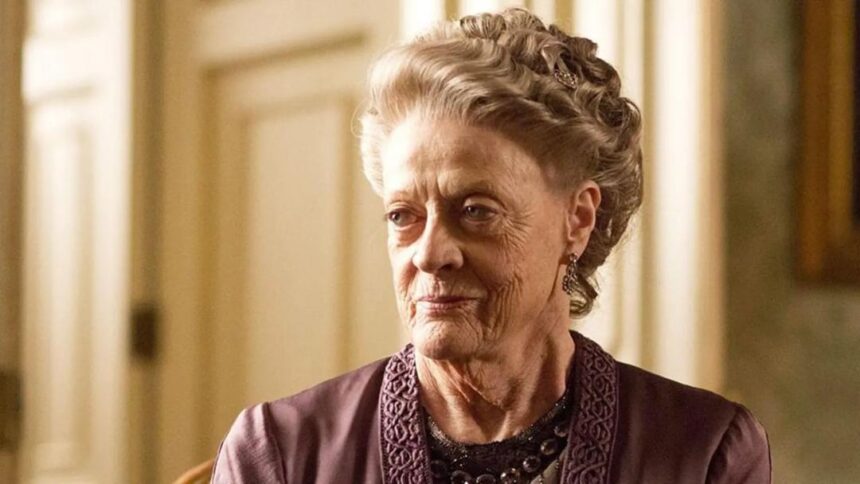By Nakiwala Barbra
Dame Maggie Smith, the iconic British actress whose career spanned over six decades, has passed away at the age of 89.
Known for her remarkable range and depth in both comedic and dramatic roles, Smith was one of the most celebrated actresses of her generation, revered by directors, fellow actors, and audiences worldwide.
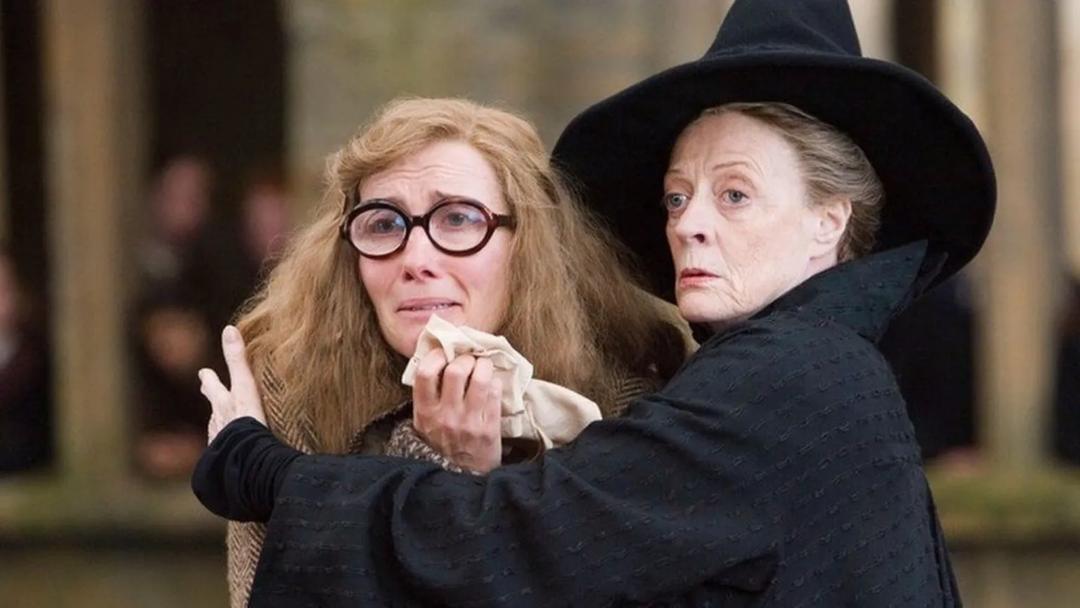
Born Margaret Natalie Smith in Ilford, Essex, on December 28, 1934, Smith’s path to stardom was not a straightforward one. Raised in a family with no particular connection to the entertainment industry, she initially studied at the Oxford School for Girls before pursuing her passion for acting.
Her early days in the theatre included a stint as a prompt girl and understudy at the Oxford Repertory, though she once humorously remarked that she never actually stepped onto the stage due to the good health of the rest of the cast.
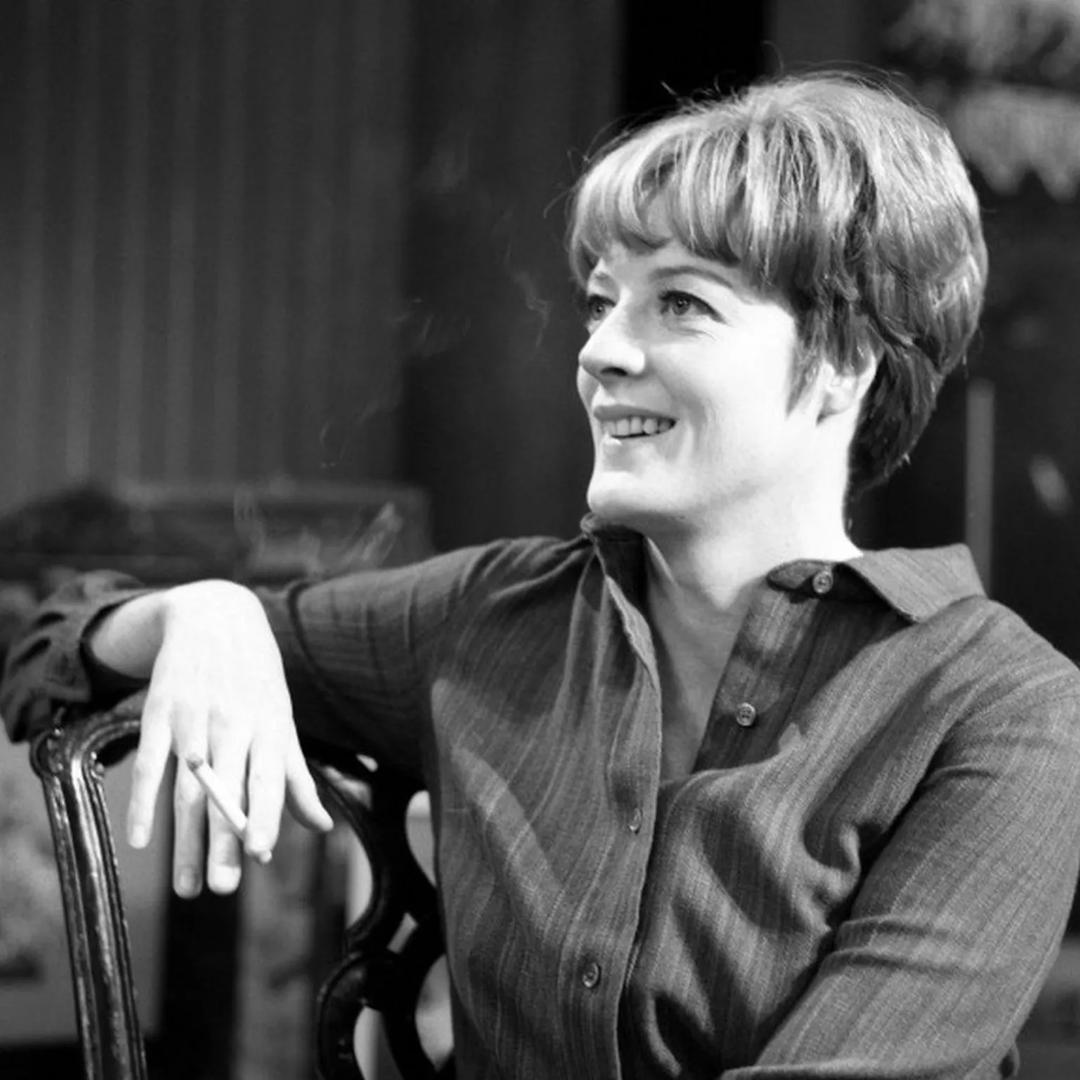
Her breakthrough came in 1955 when she moved to London, where she gained attention in the Broadway revue New Faces, which launched her to greater prominence.
Smith’s career quickly flourished, and by the 1960s, she was well-established on stage and screen. She won early critical acclaim for her role in the film “Nowhere to Go”(1958) and, in 1963, captivated London audiences in the hit production Mary Mary .
The turning point in her career came in 1969 when she portrayed the unconventional teacher Jean Brodie in *The Prime of Miss Jean Brodie*. The role earned her an Academy Award for Best Actress and marked the beginning of her rise to international fame.
Despite her Oscar win, Smith’s humility was legendary. She once described her career as simply “one went to school, one wanted to act, one started to act, and one’s still acting.” She never seemed to take her success for granted and remained deeply committed to her craft, with many colleagues describing her as one of the hardest-working performers in the industry. She was often seen pacing during rehearsals, rehearsing her lines long after others had taken a break.
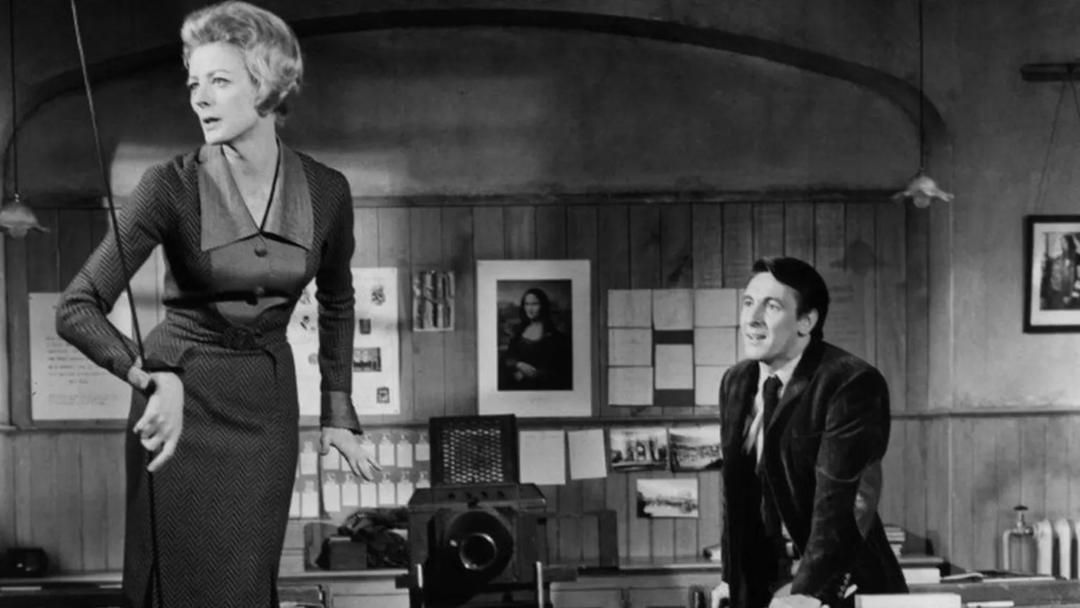
Her work on the stage continued to define her career. She performed in various National Theatre productions, including a celebrated portrayal of Desdemona opposite Laurence Olivier’s Othello. She earned another Oscar nomination for Travels with My Aunt (1972) and continued to star in critically praised roles throughout the 1970s and 1980s. Her career spanned a variety of genres, from her acclaimed performance in A Room with a View1985) to Death on the Nile(1978), alongside Peter Ustinov.
She also received multiple BAFTA nominations and won the prestigious award for her performances in A Private Function(1984) and The Lonely Passion of Judith Hearne(1987).
While she remained a dominant force in British theatre, Smith also made her mark in film. Her roles in Sister Act (1992), as the formidable Mother Superior, and “The Secret Garden” (1993) won her a new generation of fans, and she earned BAFTA and Emmy nominations for her role in the BBC’s “David Copperfield” (1999). But perhaps it was her portrayal of Professor Minerva McGonagall in the *Harry Potter* film series that cemented her place as an enduring figure in popular culture.
J.K. Rowling herself reportedly requested Smith to play McGonagall, with the author noting that the actress brought a touch of Miss Jean Brodie’s formidable energy to Hogwarts.
The “Harry Potter” films brought Smith to an entirely new audience, and she appeared in all the films of the franchise. In addition to her iconic role in the wizarding world, Smith’s portrayal of the sharp-witted Dowager Countess of Grantham in “Downton Abbey” (2010-2015) further solidified her position as a beloved figure of British television.
Fans worldwide adored her memorable quips and her no-nonsense approach to the role, which mirrored her real-life persona—often described as “spiky” in her interactions.
Despite health challenges, including a battle with breast cancer diagnosed in 2007, Smith continued to work well into her later years. Her performance in “The Best Exotic Marigold Hotel” (2012) earned her another BAFTA nomination, and in 2015, she gave a poignant portrayal of Mary Shepherd in “The Lady in the Van”, based on Alan Bennett’s true story about a homeless woman who lived on the writer’s driveway for years.
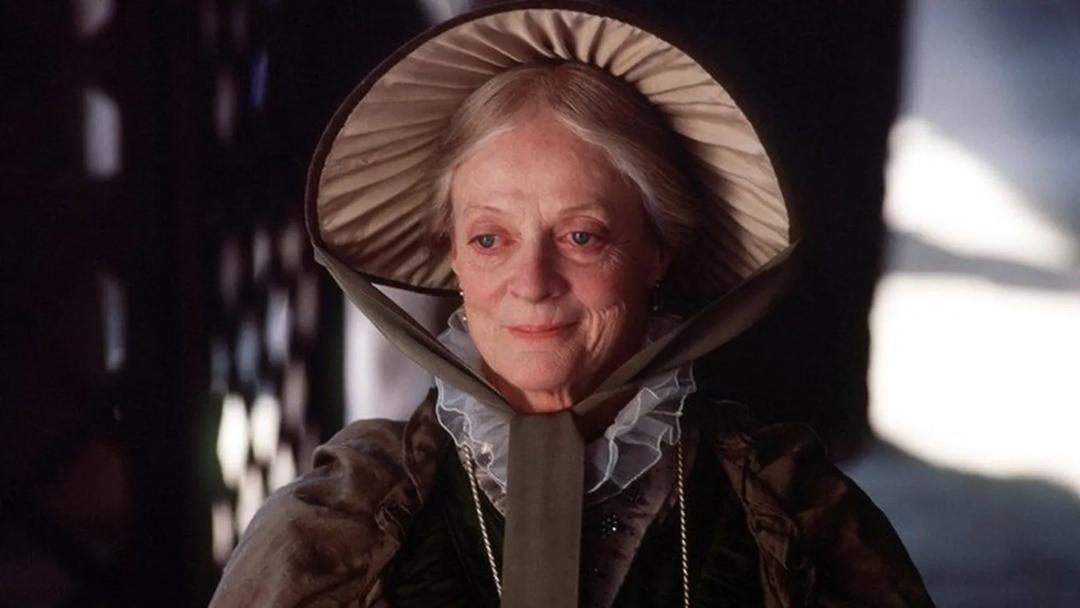
In her personal life, Smith was married twice. Her first marriage to actor Robert Stephens produced two sons, and it was during their time together that she won her Oscar for “The Prime of Miss Jean Brodie”. The couple divorced in 1975, and she later married playwright Beverley Cross in 1976, a relationship that lasted until his death in 1998. Smith’s personal life was often marked by her desire for privacy, but those close to her spoke of her warmth and generosity of spirit.
Throughout her career, Smith garnered numerous accolades, including a Dame Commander of the British Empire (DBE) in 1990. Her legacy is one of resilience and versatility, as she effortlessly transitioned from the stage to film, gaining admiration for her unmatched skill in both dramatic and comedic roles.
Smith’s willingness to tackle challenging roles, her refusal to be typecast, and her ability to bring depth to every character she portrayed made her one of the most revered actresses in modern history.
While Dame Maggie Smith’s death at 89 marks the end of an era, her contributions to the world of theatre and film will live on. She leaves behind a body of work that spans more than 60 years, from her early days in the theatre to her iconic roles in “Harry Potter”, Downton Abbey”, and beyond.

With every performance, she brought grace, intelligence, and an unmistakable presence that will be remembered for generations to come.
In her later years, Dame Maggie Smith remained an active participant in her craft until the end, continuing to inspire others with her dedication to the art of acting. Though her physical presence is now gone, her legacy as one of Britain’s most cherished and influential actresses will undoubtedly endure.
Fans, colleagues, and critics alike have shared tributes from around the world, remembering her as both a national treasure and a master of her craft.
As the world mourns the loss of Dame Maggie Smith, it is clear that her memory, embodied in her unforgettable roles, will continue to inspire and enchant audiences for years to come.


